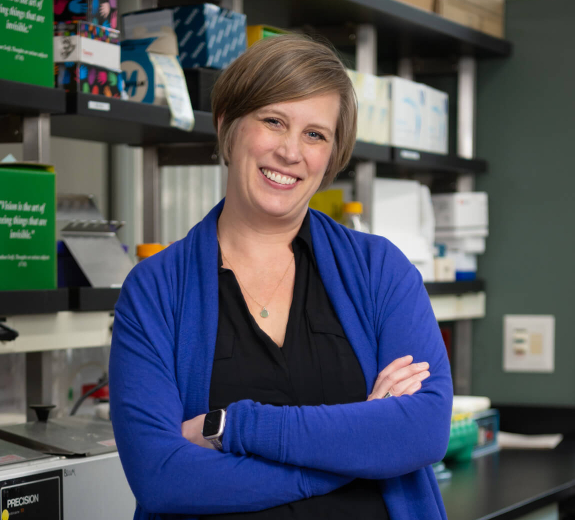“Studying patient samples lets us learn what an effective immune response to COVID-19 looks like,” Dr. Speake says. “Right now, patient data lets us find new ways to predict outcomes in hospitalized people. Our next steps are to start looking at another big question: whether people who have recovered from COVID-19 are still susceptible, or whether they are all protected from future bouts of infection.”
Since the first week of April, research teams have collected and analyzed over 250 samples from 55 COVID-19 patients seen at Virginia Mason, with varying levels of disease severity. The study includes people who were treated in the ICU; those who were hospitalized but not in the ICU; and patients who went to the ER or other Virginia Mason clinics for testing but were able to recover at home.




